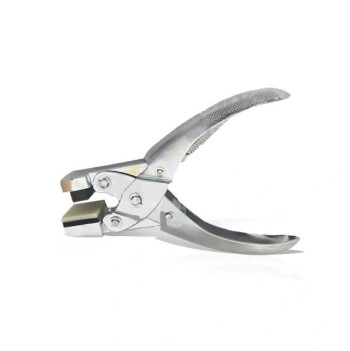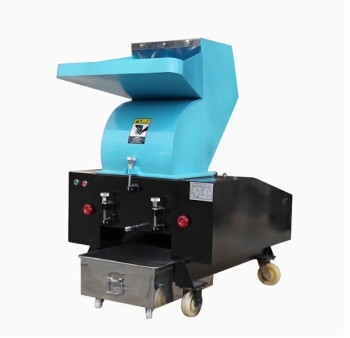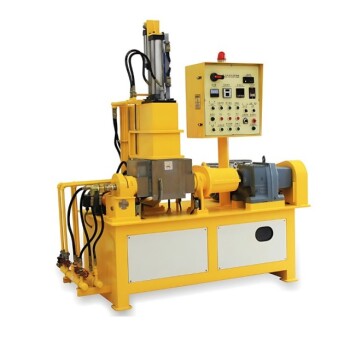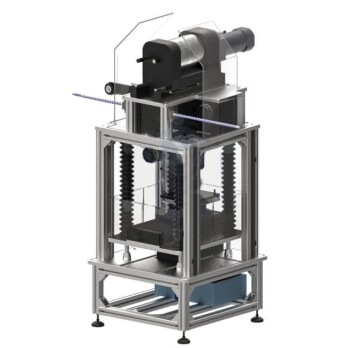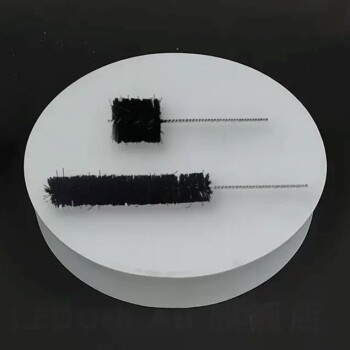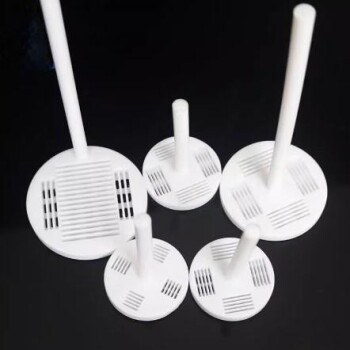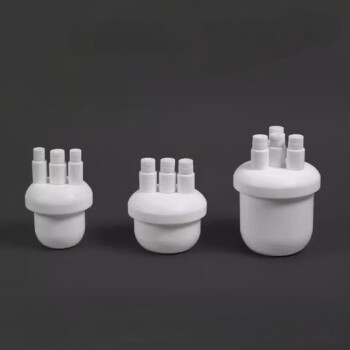While a powerful and versatile technology, screw extrusion is not a universal solution. Its primary disadvantages revolve around significant initial investment, high operational complexity, and considerable resource consumption, making it a demanding process to implement and manage effectively.
The core trade-off of screw extrusion is its power versus its price. You gain immense control over material processing and continuous production, but this comes at a high cost in terms of initial capital, energy usage, physical space, and the need for skilled technical oversight.
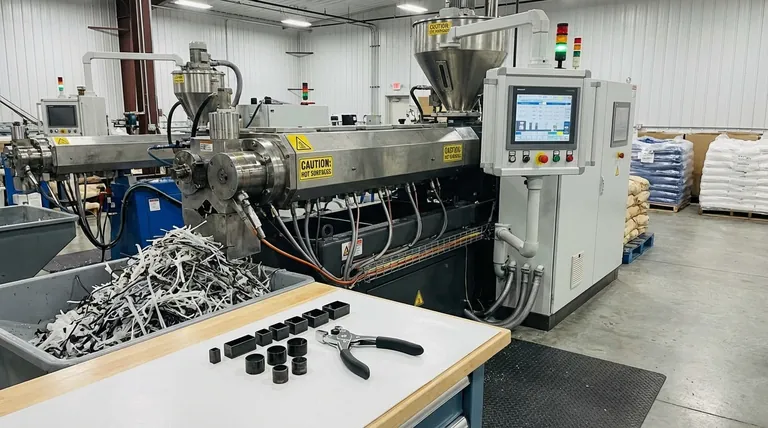
The Financial and Operational Hurdles
Before investing in screw extrusion technology, particularly advanced twin-screw systems, it is critical to assess the substantial upfront and ongoing costs. These factors often represent the most significant barrier to adoption.
High Initial Capital Investment
The machinery for screw extrusion, especially for twin-screw extruders, represents a major capital expenditure. The precision engineering required for the screws, barrel, motor, and control systems drives a high purchase price compared to simpler batch-mixing or alternative processing equipment.
Significant Physical Footprint
Extruders are large, heavy machines that demand a considerable amount of floor space. You must also account for the necessary auxiliary equipment, such as feeders, cooling systems, and downstream processing units, which further expands the required operational area.
Elevated Energy Consumption
Screw extruders are energy-intensive. Powerful motors are needed to turn the screws against resistant material, and extensive heating and cooling zones along the barrel consume a significant amount of electricity. This leads to high ongoing operational costs that must be factored into the total cost of ownership.
Complexity in Operation and Maintenance
Beyond the financial investment, screw extrusion demands a high level of human expertise to run efficiently and reliably. The complexity is not just in the machinery but in the process itself.
Steep Operational Learning Curve
Achieving consistent, high-quality output requires skilled operators. These technicians must understand the interplay between screw speed, temperature profiles, feed rates, and material properties. The process is far more complex than simply turning the machine on; it requires a deep understanding of polymer science and process engineering.
Demanding Maintenance Requirements
The screws and barrel are subject to constant abrasive and corrosive wear, necessitating regular maintenance and eventual replacement. Proper alignment, cleaning, and inspection are critical for performance and longevity, requiring a dedicated and knowledgeable maintenance staff to prevent costly downtime.
Understanding the Practical Trade-offs
Even in day-to-day operation, screw extrusion presents practical challenges that can impact efficiency and flexibility. These are not necessarily deal-breakers but are critical considerations for process planning.
Potential for Material Wastage
During startup, shutdown, and material changeovers, a certain amount of product will not meet specifications. This "off-spec" material represents a direct cost in terms of wasted raw materials and disposal, which can be particularly significant in small-batch production runs.
The Challenge of Process Versatility
While extrusion as a technology is versatile, a specific extruder configuration is often highly optimized for a narrow range of materials or applications. Changing to a different polymer or process may require physically changing the screws, which is a time-consuming and expensive task that requires significant expertise. This limits the practical, day-to-day flexibility of a single machine.
Making the Right Choice for Your Goal
Evaluating these disadvantages against your specific operational goals is the key to making a sound investment decision.
- If your primary focus is minimizing initial cost: You may need to explore simpler manufacturing technologies, as the high capital investment for extrusion can be prohibitive.
- If your primary focus is process simplicity and ease of use: The steep learning curve and need for skilled operators may make extrusion a challenging choice for your team.
- If your primary focus is producing many small, varied batches: The material wastage and downtime associated with changeovers could make screw extrusion inefficient for your needs.
Ultimately, understanding these drawbacks empowers you to weigh them against the powerful capabilities of screw extrusion and make a truly informed decision for your project.
Summary Table:
| Disadvantage Category | Key Challenges |
|---|---|
| Financial & Operational | High initial capital, large footprint, significant energy use |
| Complexity & Maintenance | Steep learning curve, demanding upkeep, skilled staff needed |
| Practical Trade-offs | Material wastage during changeovers, limited machine flexibility |
Need reliable lab equipment without the high costs and complexity? KINTEK specializes in lab equipment and consumables, offering efficient alternatives to energy-intensive processes like screw extrusion. Whether you're scaling production or optimizing your lab's workflow, our solutions are designed to save you time, space, and resources. Contact us today to find the right equipment for your laboratory needs!
Visual Guide

Related Products
- Professional Cutting Tools for Carbon Paper Cloth Diaphragm Copper Aluminum Foil and More
- Powerful Plastic Crusher Machine
- Lab Internal Rubber Mixer Rubber Kneader Machine for Mixing and Kneading
- Precision Wire Saw Laboratory Cutting Machine with 800mm x 800mm Workbench for Diamond Single Wire Circular Small Cutting
- Single Punch Electric Tablet Press Machine Laboratory Powder Tablet Punching TDP Tablet Press
People Also Ask
- How to make compound rubber? Master the Sequence to Prevent Scorch and Ensure Quality
- What is the purpose of a vulcanizing machine? Transform Rubber into High-Performance Parts
- What are the advantages of dual extruders? Unlock Multi-Material and Soluble Support Printing
- What is the difference between two-high and three high rolling mills? Boost Your Metal Rolling Efficiency
- What are the disadvantages of the extrusion process? High Costs and Geometric Limits Explained
- What are the disadvantages of blown film extrusion? Overcoming Precision and Speed Limitations
- What is a rubber milling machine? A Guide to Compounding vs. Grinding
- Why is the dynamic mixing mode necessary for high-strength HPE-CSPE? Unlock Superior Elastomer Performance
